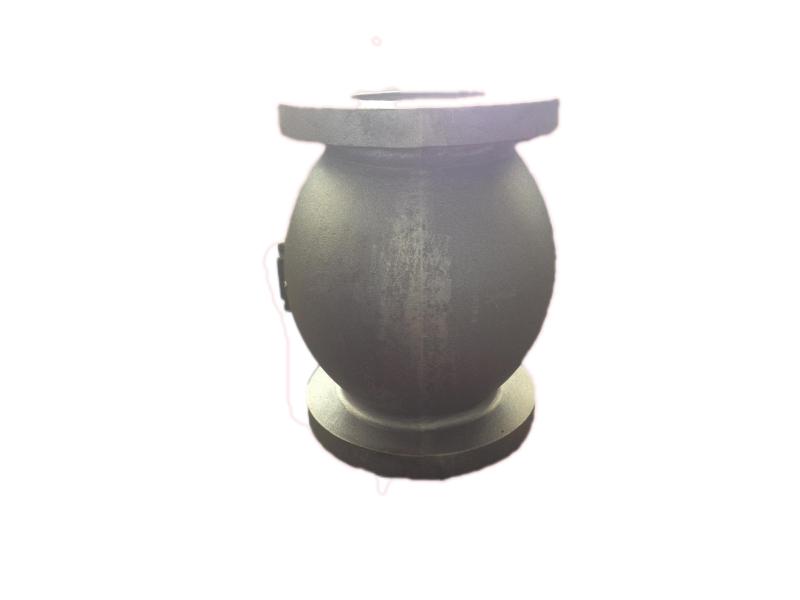黑色金属与有色金属比较
Apr 07, 2023
从摩天大楼到海军推进系统,从汽车零部件到石化炉管,金属的实际应用并不缺乏。金属具有广泛的结构、性质和应用,但通常分为两类:黑色金属和有色金属。下面我们解释黑色金属和有色金属的定义、常见类型、差异和流行应用。
黑色金属:
黑色金属主要含有铁。黑色金属很常见,构成金属铸造行业铸件的大部分。通常,黑色金属比有色金属强度更高,热处理可以进一步改善其材料性能

常见黑色金属:
常见的黑色金属包括:
有色金属:
有色金属是不含铁的金属。除铁外,所有纯金属均为有色金属。金属技术在历史上不断发展,但天然有色金属仍然在国防、工艺设备和可再生能源等关键的现实应用中发挥着至关重要的作用。
一种著名的有色金属材料是铜基合金——青铜和黄铜。黄铜是一种以锌为主要元素的铜基合金,而青铜则不含锌或镍作为主要元素。有关青铜和有色金属的更多信息,请参见:什么是有色金属?
常见有色金属:
主要区别:黑色金属与黑色金属有色金属
磁性
铁具有磁性,因此黑色金属也具有磁性。有色金属不具有磁性。铁具有磁性,因为它的电子很容易与磁场对齐。这一特性使得黑色金属成为电气项目的理想选择——一个典型的例子就是感应加热。
耐腐蚀性能
黑色金属通常不适合需要考虑腐蚀的应用。铁与水反应形成一层称为水合氧化铁 (III) 的层,通常称为铁锈。黑色金属的一个显着例外是不锈钢。这种材料的设计目的之一是提供耐腐蚀性。
有色金属形成氧化层,起到防水屏障的作用。这些层具有高度的耐腐蚀性。例如,这是传统上将铜管道用于家庭水管的主要原因。
力量
黑色金属通常比有色金属坚固。钢是最强金属之一的典型例子。结合其低成本,钢材是建筑结构和其他需要高拉伸强度的项目的自然选择。钛比其他有色金属更坚固,但由于价格昂贵,通常不适合建筑结构等大型项目。
常见应用
黑色金属常见应用
- 轴套
- 热交换器
- 压力容器
- 分解炉
- 离心机
- 液压缸
- 石化零部件
- 化学及食品加工设备
- 泵和阀门组件
- 餐饮设备
- 火车零件
有色金属常见应用
- 轴承
- 衬套
- 齿轮
- 袖子
- 耐磨环
- 泵和阀门组件
- 汽车发动机
- 紧固件
- 接线套件
- 管道
黑色金属对比。有色金属:结论
黑色金属和有色金属之间的差异很重要,但这并不意味着每个项目的选择都是明确的。了解各种化学物质以及它们对其应用环境的反应至关重要。黑色金属和有色金属对于无数关键应用都至关重要。我们漳州恒昌随时为您的项目提供帮助,并为您的具体应用确定合适的合金。









 IPv6 网络支持
IPv6 网络支持
